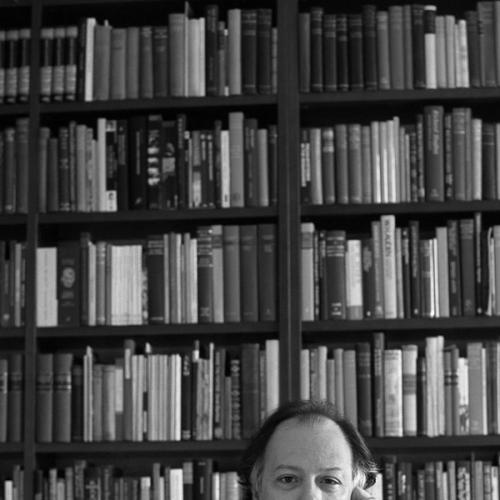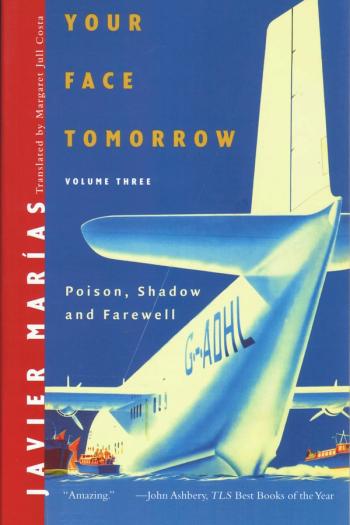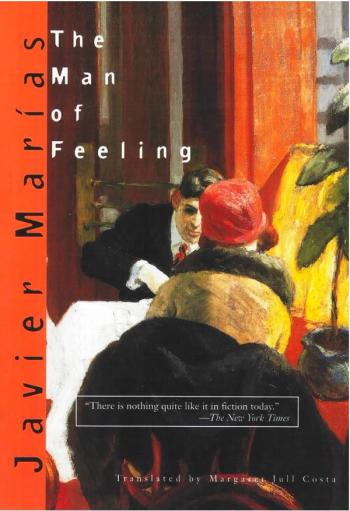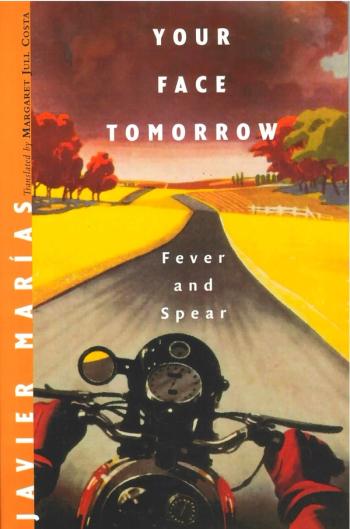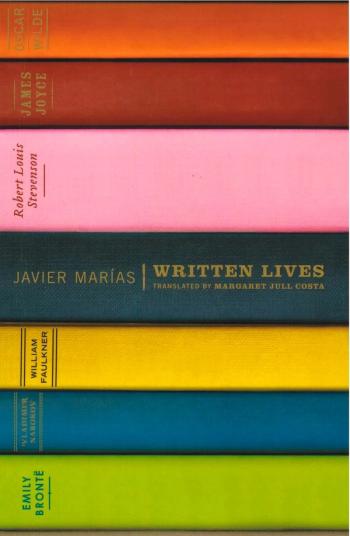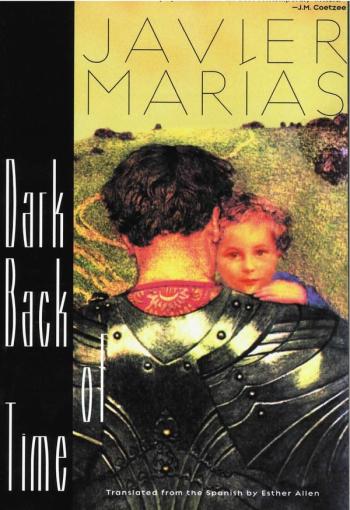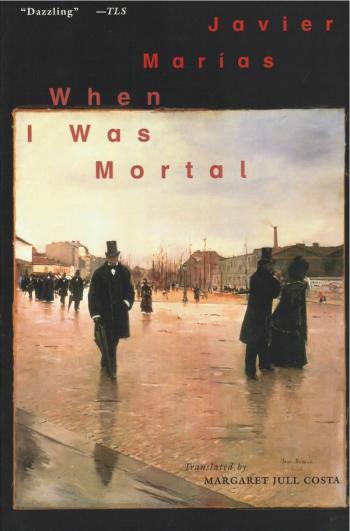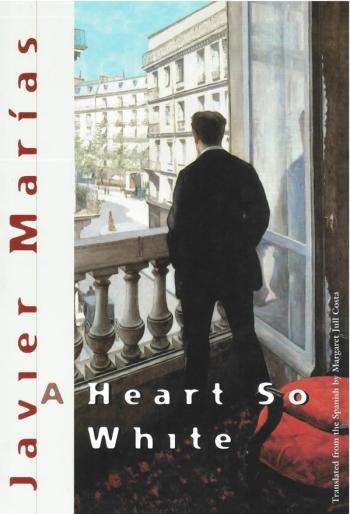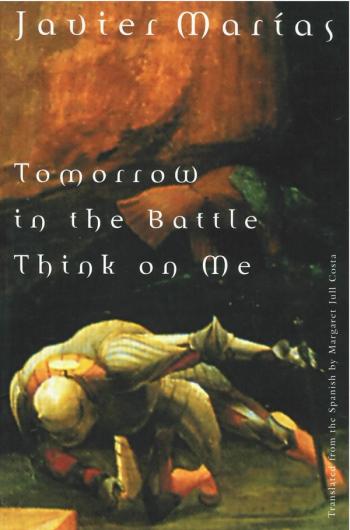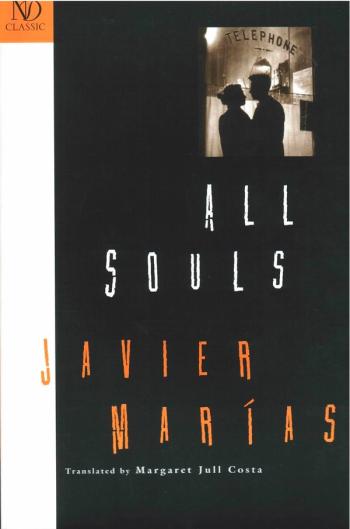As author
While the Women Are Sleeping
Your Face Tomorrow Vol. 3: Poison, Shadow, & Farewell
Bad Nature, or with Elvis in Mexico
Your Face Tomorrow Vol. 2: Dance & Dream
The Man of Feeling
Your Face Tomorrow Vol. 1: Fever & Spear
Written Lives
Dark Back of Time
When I Was Mortal
A Heart So White
Tomorrow in the Battle Think on Me
All Souls
Javier Marías
Javier Marías (1951-2022) was born in Madrid, the second youngest son of the philosopher Julián Marías. Marías began writing at an early age; “The Life and Death of Marcelino Iturriaga,” one of the short stories within While the Women are Sleeping, was written when he was just fourteen. He studied English Literature at University in Madrid and has translated into Spanish works by Henry James, Thomas Hardy, Isak Dinesen, Shakespeare, and Seamus Heaney. In 1997 A Heart So White won the IMPAC Dublin literary award and became a bestseller in Europe.
Javier Marias has taught at Universities in Madrid, Oxford and Venice and at Wellesley College, Boston. His novel, All Souls, set in Oxford and containing a sensitive portrayal of the English writer, John Gawsworth, led to Marias inheriting the Kingdom Of Redonda, a real but barren island in the Caribbean. Marias has turned Redonda into a “literary” kingdom––winners of the annual prize are awarded in both money and an honorary duchy.
Javier Marias has been described as “one of the most original writers today” (The New York Times Book Review) and his recent work—the Your Face Tomorrow trilogy—has been hailed as “the first authentic literary masterpiece of the 21st century” (The Guardian). He published a weekly column for the Spanish newspaper El Pais. His work has been published in more than 34 languages.
